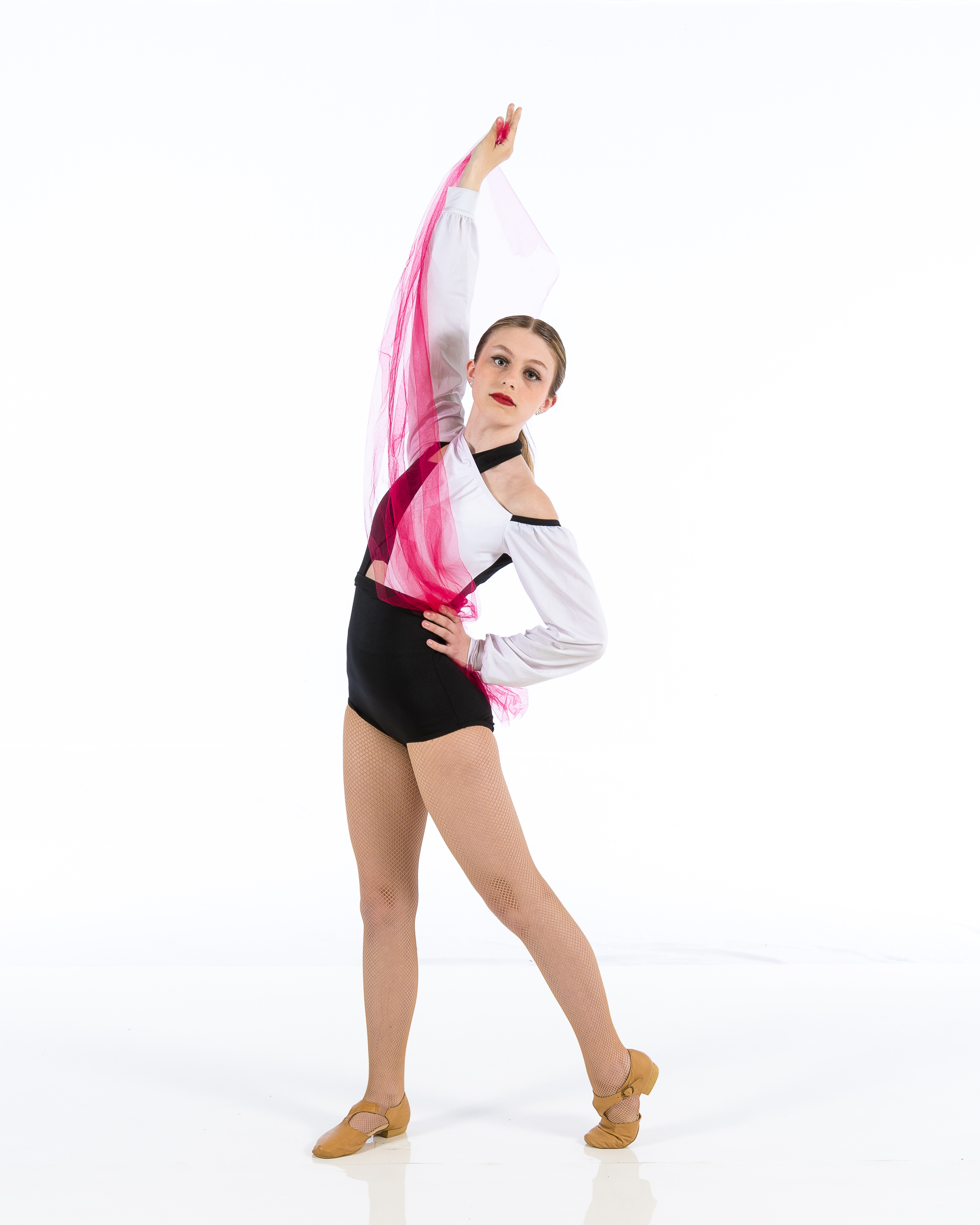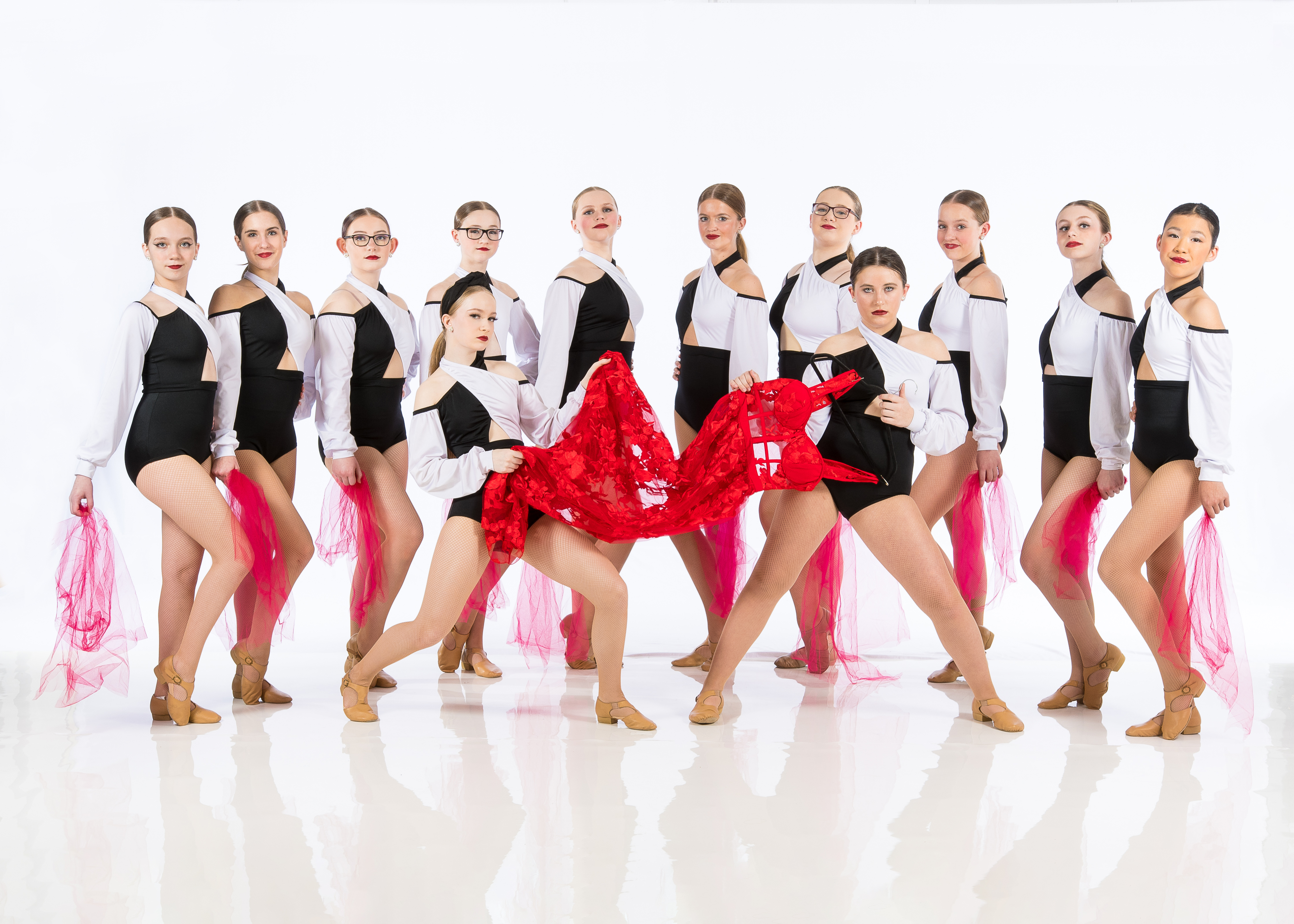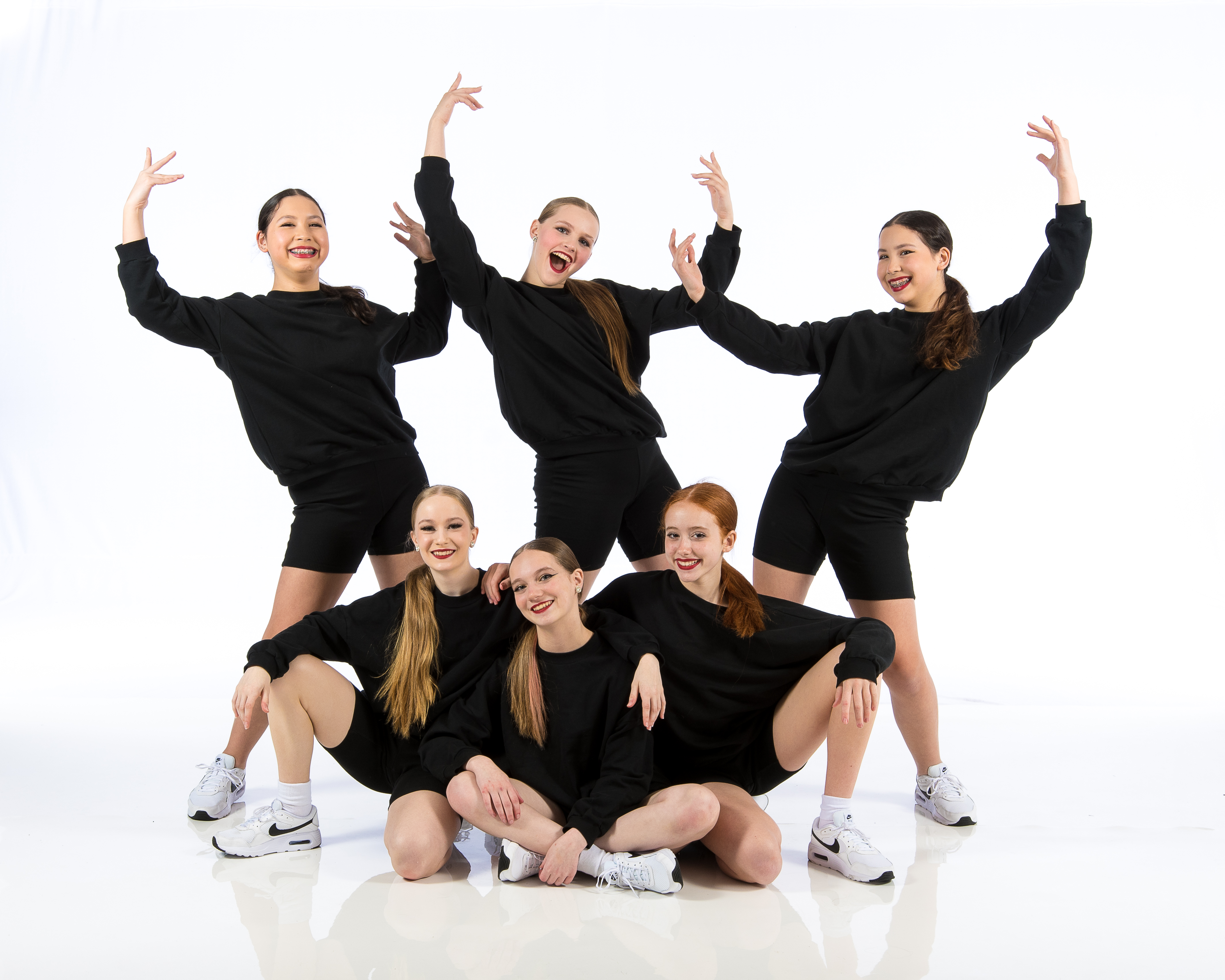Introduction
Choosing a dance studio can feel like navigating a labyrinth, especially when you're trying to find the perfect fit based on your skill level. With so many options available, it’s easy to get overwhelmed. Whether you’re a complete beginner excited to learn or an experienced dancer looking to refine your skills, the right dance studio can make all the difference in your journey.
In this comprehensive guide, we’ll delve deep into various factors that influence your Dance Studio choice of a dance studio. So grab your dancing shoes and let's step into the world of rhythm, grace, and movement!
Skill Level Matters: How to Select the Ideal Dance Studio for You
When selecting a dance studio, understanding how your skill level aligns with what each studio offers is crucial. Not every studio caters to every level of dancer, and that's perfectly okay! Here’s how skill levels matter in choosing a dance studio:
Understanding Dance Styles
1. Different Styles for Different Skills
Every dancer has their own unique style, and studios often specialize in specific genres such as ballet, jazz, hip-hop, contemporary, or ballroom. If you're a beginner looking for ballet classes but end up at a hip-hop-focused studio, you might not receive the instruction you need.
2. Progression Through Styles
Some studios allow you to progress through different styles as your skills develop. This can be great if you're interested in exploring various forms of dance.
Evaluating Your Skill Level
1. Self-Assessment
Before you dive into looking for studios, take some time to assess your current skills honestly. Are you starting from scratch? Do you have some experience? Knowing where you stand will help narrow down suitable options.
2. Asking for Feedback
If you've previously taken classes or participated in any form of dance training, reaching out to instructors or fellow dancers can provide valuable insights into your strengths and weaknesses.
Researching Dance Studios
1. Online Reviews and Recommendations
A quick online search can reveal what others think about local studios. Pay attention to reviews that mention skill levels—these will give you an idea of whether beginners thrive there or if they cater more toward advanced dancers.
2. Studio Websites and Social Media
Most studios maintain an online presence where they showcase their offerings and highlight their instructors' credentials. This information is valuable when evaluating whether the studio aligns with your skill level.
Visiting Potential Studios
1. Trial Classes
Many studios offer trial classes or introductory sessions at little or no cost. Take advantage of these opportunities! They provide a low-risk way to gauge if the teaching style suits you without committing long-term.
2. Observing Classes
If possible, attend an ongoing class as an observer before making any decisions. This allows you to see firsthand how instructors interact with students of varying skill levels.
Instructor Qualifications Matter
1. Experience Counts
Check out the qualifications and experience of instructors at potential studios. Highly qualified teachers often have specialized training that could greatly benefit dancers across all levels.
2. Teaching Style Compatibility
Different teachers have varied approaches; some may focus on technique while others emphasize creativity and expression. Understanding these differences can help ensure that their teaching style resonates with your learning preferences.
Studio Environment Matters
1. Community Feel
The atmosphere within a studio can deeply affect your experience as a dancer. Look for spaces that foster community—where students support one another regardless of their skill levels.
2. Facilities Available
Consider the amenities offered by each studio—mirrors for self-correction, proper flooring to avoid injuries, changing rooms, lounge areas—these aspects enhance overall comfort during classes.
Class Size Matters
1. Attention Ratio
Smaller class sizes typically mean more personalized attention from instructors—crucial for developing correct techniques at any skill level!
2. Peer Dynamics
In larger classes filled with seasoned dancers, newcomers might feel intimidated or overlooked; ensure there's balance in class sizes relative to participant skill levels.

Cost Considerations
1. Tuition Rates vs Value Offered
Evaluate what tuition includes beyond just classes—are there performance opportunities? Workshops? Discounts on future sessions?

2. Payment Plans and Flexibility
Some studios offer payment plans that make it easier to manage costs over time rather than paying upfront—a consideration worth making based on personal finances!

FAQs About Selecting A Dance Studio
1. What should I look for in a dance instructor?
Look for experience, teaching style compatibility with yours (do they encourage creativity?), and feedback from other students about their effectiveness!
2. How do I know if I'm ready for advanced classes?
Consider taking assessments offered by studios or asking current instructors—they can provide insights based on observed performances during classes.
3. Are trial classes beneficial?
Absolutely! They allow first-hand experience without pressure while helping gauge fit within both teaching methodology & student culture alike!
4.Is it normal to feel intimidated when starting at a new studio?
Yes! Many beginners feel this way—it’s part of stepping outside comfort zones—but remember everyone was once where you are now!
5.Should I consider location when selecting my studio?
Definitely! A convenient location makes attending regularly easier leading towards greater commitment which ultimately improves skills faster!
6.What if I want to switch styles later on?
That's completely fine! Many dancers explore multiple styles throughout their journey—just ensure chosen studios offer flexibility across genres!
Conclusion
Finding the ideal dance studio tailored specifically around one's individual needs doesn't happen overnight; however by considering factors such as personal goals alongside necessary logistical elements like location & cost—it becomes manageable! Remember: Skill Level Matters: How to Select the Ideal Dance Studio for You hinges upon understanding both yourself alongside what potential studios offer—you've got this!
So lace up those shoes tight because wherever your dancing dreams take you next—may they lead directly towards happiness & fulfillment!
This guide serves not only as advice but should inspire confidence while embarking upon this exciting journey into movement & expression through dance!